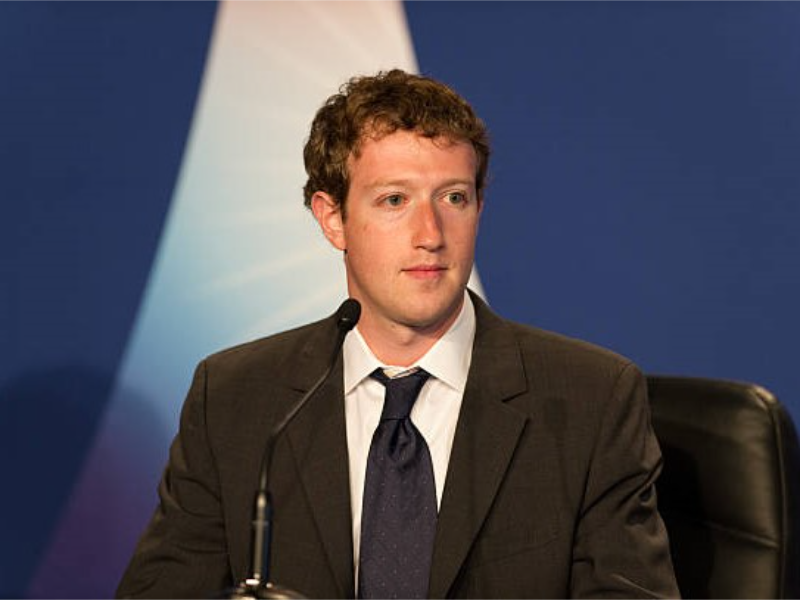- Mark Zuckerberg admits regret over Meta’s content moderation decisions during the COVID-19 pandemic, influenced by pressure from the Biden administration.
- Meta plans to resist future government pressure on content moderation, emphasising a commitment to free speech.
OUR TAKE
Mark Zuckerberg’s admission highlights how tech giants like Meta can be influenced by political forces, raising concerns about government control over digital narratives. This trend, seen in both Meta’s pandemic censorship and the recent arrest of Telegram’s CEO, showcases the growing geopolitical pressures on technology companies.
–Jasmine Zhang, BTW reporter
What happened
Meta CEO Mark Zuckerberg expressed regret for bowing to pressure from the Biden administration to “censor” content on Facebook and Instagram during the COVID-19 pandemic. In a letter to the US House judiciary committee, Zuckerberg acknowledged that some posts, including satire and humour, were removed in 2021 due to pressure from senior officials.
He also admitted to temporarily demoting content about Hunter Biden before the 2020 election, following an FBI warning of potential Russian disinformation, which later proved unfounded.
Zuckerberg stated that these decisions, made by Meta, were influenced by government pressure, which he deemed wrong. He emphasised that, with hindsight, they would have made different choices and pledged to resist similar pressures in the future.
The White House defended its actions, emphasising responsible public health measures. This incident has been cited as a victory for free speech by Republicans, while Meta aims to avoid political influence moving forward.
Also read: Meta says Iranian hackers targeted WhatsApp accounts of Biden
Also read: Meta, Universal Music Group expand partnership to combat unauthorised AI content
Why it’s important
Mark Zuckerberg’s recent admission that Meta bowed to government pressure to censor content during the pandemic is a chilling reminder of how easily tech giants can be swayed by political forces.
Zuckerberg’s regret is timely, echoing the recent arrest of Telegram CEO Pavel Durov in France. Both incidents spotlight a disturbing trend: governments flexing their muscles to control digital narratives.
While Meta’s case involved COVID-19, and Telegram’s involved national security, the common thread is clear—tech companies are caught in the crossfire of geopolitical power plays.

